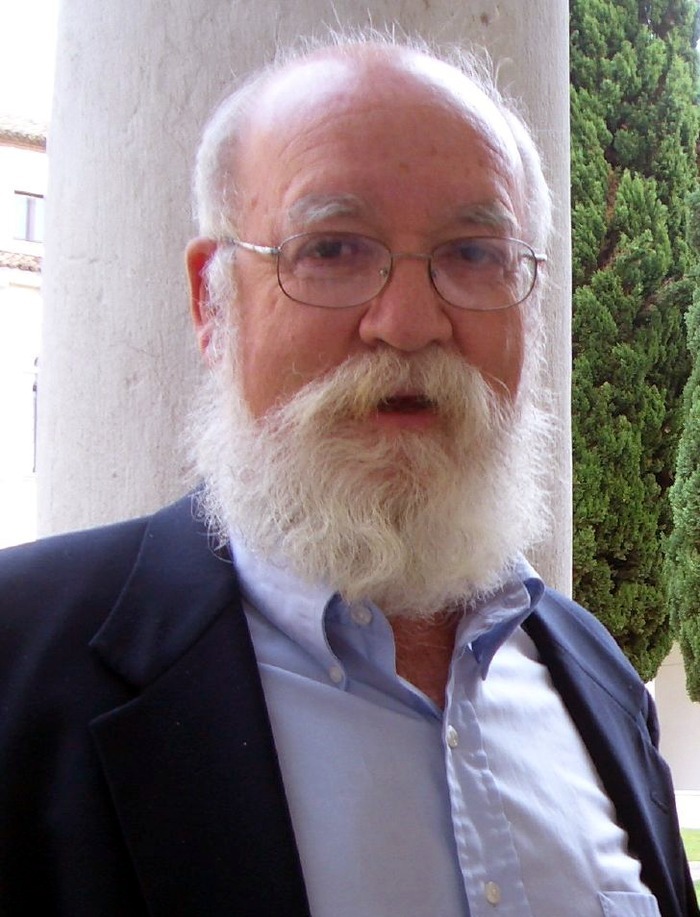
How are we able to understand each other in our daily interactions? Through the use of such "folk" concepts as belief, desire, intention, and expectation, Daniel Dennett asserts in this first full-scale presentation of a theory of intentionality that he has been developing for almost twenty years. We adopt a stance, a predictive strategy of interpretation that presupposes the rationality of the people - or other entities - we are hoping to understand and predict. The 10 essays included here represent the vanguard of Dennett's thought, push his theories into surprising new territory, and reveal fresh lines of inquiry into fundamental issues in psychology, artificial intelligence, and evolutionary theory as well as traditional issues in the philosophy of mind. "Dennett's essays are vivid, witty and admirably provocative-"
- P. N. Johnson-Laird, The London Review of Books "This is Dennett in action: reflecting, joking, clarifying, criticizing - and always stimulating... Anyone interested in the philosophy of mind will find both interest and excitement in these essays."
- Margaret Boden, Sussex University Daniel C. Dennett is Distinguished Arts and Sciences Professor at Tufts University and the author of Brainstorms and Elbow Room.
Author

Daniel Clement Dennett III is a prominent philosopher whose research centers on philosophy of mind, science, and biology, particularly as they relate to evolutionary biology and cognitive science. He is the co-director of the Center for Cognitive Studies and the Austin B. Fletcher Professor of Philosophy at Tufts University. Dennett is a noted atheist, avid sailor, and advocate of the Brights movement. Dennett received his B.A. in philosophy from Harvard University in 1963, where he was a student of W.V.O. Quine. In 1965, he received his D.Phil. from Christ Church, Oxford, where he studied under the ordinary language philosopher Gilbert Ryle. Dennett gave the John Locke lectures at the University of Oxford in 1983, the Gavin David Young Lectures at Adelaide, Australia, in 1985, and the Tanner Lecture at Michigan in 1986, among many others. In 2001 he was awarded the Jean Nicod Prize, giving the Jean Nicod Lectures in Paris. He has received two Guggenheim Fellowships, a Fulbright Fellowship, and a Fellowship at the Center for Advanced Studies in Behavioral Science. He was elected to the American Academy of Arts and Sciences in 1987. He was the co-founder (1985) and co-director of the Curricular Software Studio at Tufts University, and has helped to design museum exhibits on computers for the Smithsonian Institution, the Museum of Science in Boston, and the Computer Museum in Boston. He is a Humanist Laureate of the International Academy of Humanism and a Fellow of the Committee for Skeptical Inquiry.